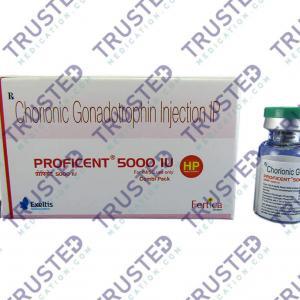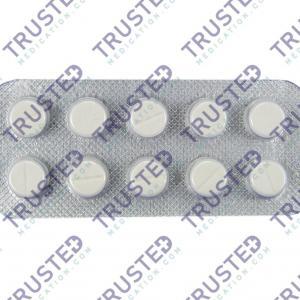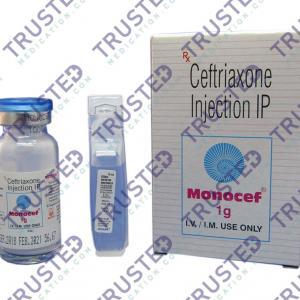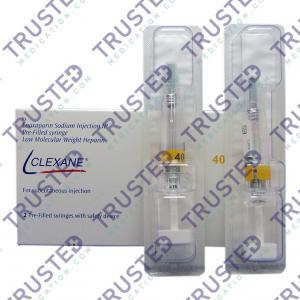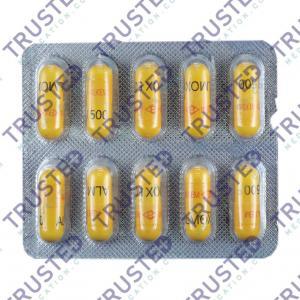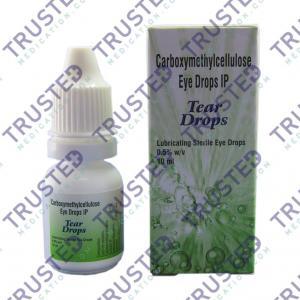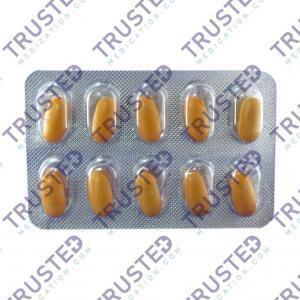
Alzheimer’s is a progressive neurologic disorder that causes the brain to shrink and brain cells to die. No treatment cures Alzheimer’s or alters the disease process in the brain. In the advanced stages of the disease, complications from severe loss of brain function such as dehydration, malnutrition, or infection may result in death.
What is Alzheimer’s disease?

Alzheimer’s is the most common cause of dementia. About 5.8 million people in the United States age 65 and older live with the disease. Of those, 80% are 75 years old and older. Out of the 50 million people worldwide with dementia, between 60% and 70% are estimated to have the disease.
Alzheimer’s worsens over time. It is a progressive disease, where dementia symptoms gradually worsen over several years. In its early stages, memory loss is mild, but with the late-stage of the disease, individuals lose the ability to carry on a conversation and respond to their environment. On average, a person with Alzheimer’s lives 4 to 8 years after diagnosis but can live as long as 20 years, depending on other factors.
Researchers trying to understand the cause of Alzheimer’s disease are focused on the role of two proteins:
- Plaques. Beta-amyloid is a fragment of a larger protein. When these fragments cluster together, they appear to have a toxic effect on neurons and disrupt cell-to-cell communication. These clusters form larger deposits called amyloid plaques, which also include other cellular debris.
- Tangles. Tau proteins play a part in a neuron’s internal support and transport system to carry nutrients and other essential materials. In Alzheimer’s, tau proteins change shape and organize themselves into structures called neurofibrillary tangles. The tangles disrupt the transport system and are toxic to cells.
What Are Its Symptoms?
Alzheimer’s may be hard to notice at first. The first signs are usually memory loss and difficulty finding the right words for everyday things. On the other hand, many people have trouble with memory but don’t have Alzheimer’s. So, it’s important to visit a doctor to work out the exact cause of memory problems.
Other common symptoms of the disease include:
- Forgetting well-known people or places
- Vagueness in daily conversation
- Taking longer to do regular tasks
- Lack of enthusiasm for activities you once enjoyed
- A decline in social skills
- Unpredictable emotions
- Difficulty processing questions and instructions
Can Alzheimer’s Be Treated?
Presently, there is no cure for Alzheimer’s. Once a person starts showing signs such as memory loss and problems with learning, judgment, communication, and daily life there aren’t any treatments that can stop or reverse them. However, some medications can ease some of the symptoms in some people. They can slow down how quickly the disease gets worse, and help the brain work better for longer. It’s important to talk to your doctor about which option may work best for you.
Your doctor will help you choose the best treatment based on a few things about you, including:
- How well a medicine or therapy will work for you and your lifestyle
- Your preferences or those of your family or caregivers
- Your age, overall health, and medical history
- How severe is your disease is
What Are The Medications For Alzheimer’s?
Current Alzheimer’s medications can help for a time with memory symptoms and other cognitive changes. Two types of drugs are currently used to treat cognitive symptoms:
- Cholinesterase inhibitors
- Memantine (Namenda)
In 2021, the Food and Drug Administration (FDA) approved Aducanumab (Aduhelm) for the treatment of some cases of Alzheimer’s. This is the first drug approved in the United States to treat the underlying cause of Alzheimer’s by targeting and removing amyloid plaques in the brain. The FDA approved the drug on the condition that further studies be conducted to confirm the drug’s benefit. Experts also need to identify which patients may benefit from the drug.
A recommended drug that can be used for the disease:
- Donepezil and Memantine – these drugs are enzyme blocker and NMDA receptor antagonist that works in different ways to help people with Alzheimer’s. Donepezil works by restoring the balance of neurotransmitters, a natural substance in the brain. It can improve the mental functions of the brain such as the ability to speak, think, and interact with other. Memantine works by decreasing abnormal activity in the brain. It can help improve the ability to think and remember.

